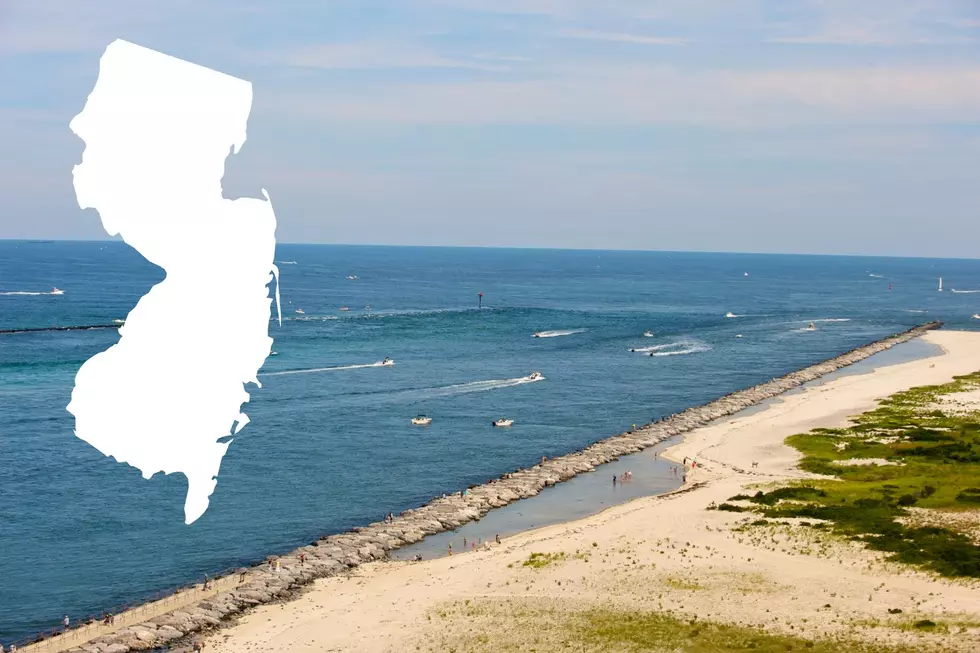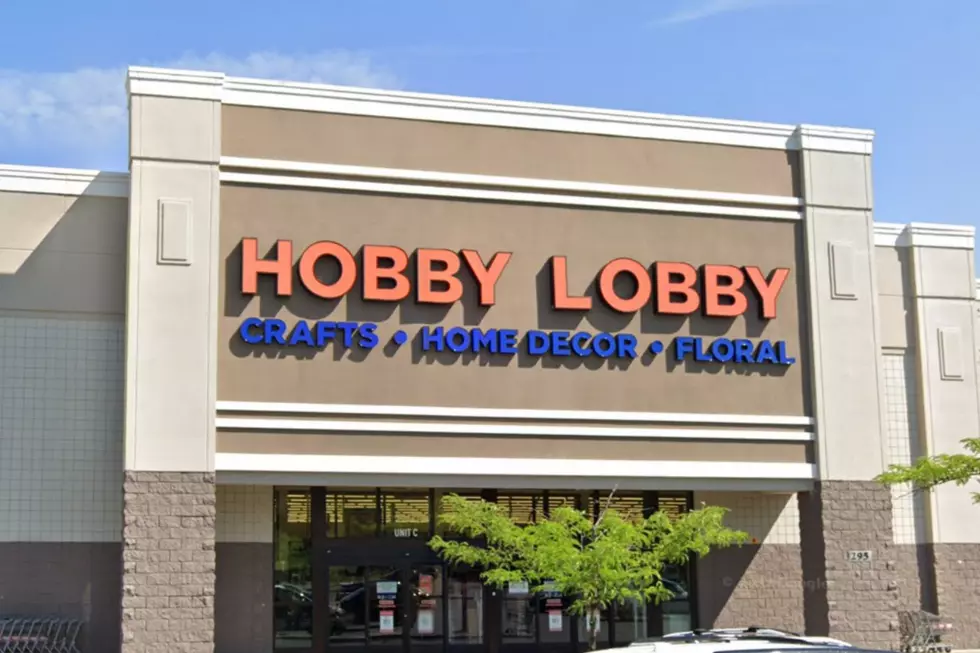
The Deserted Village of Feltville in Berkley Heights, NJ
Within the Watchung Reservation there is a place known as the Deserted Village of Feltville.
The first man to settle in this area was Peter Wilcox in 1736 and he operated a sawmill on the property that helped provide lumber to local farmers. The next person to settle into the town and try to make something of the area was David Felt.
He purchased the land from descendants of Peter Wilcox and soon after built a mill on Blue Brook. He created two dams for the mill and a small town for the workers of the mill to live in. At one point there were around 175 residents of Feltville.
After about 15 years, Felt sold the property and several business ventures failed to revive the community.
Eventually, in 1882, the abandoned village was purchased by Warren Ackerman who turned it into Glenside Park, a summer resort.
As the automobile was on the rise, people could travel further for their summer vacations, and Glenside Park became forgotten as many started heading to the Jersey Shore.
There is so much more history and details about The Deserted Village of Feltville. To find out more, go visit for yourself! The parking lot to enter the deserted village is located at 9 Cataracts Hollow Road in Berkeley Heights, New Jersey.
NJ's Route 22 circa 1984 — Do you recognize these businesses?
The 10 free bridges from New Jersey to Pennsylvania (and vice versa!)
More From New Jersey 101.5 FM









